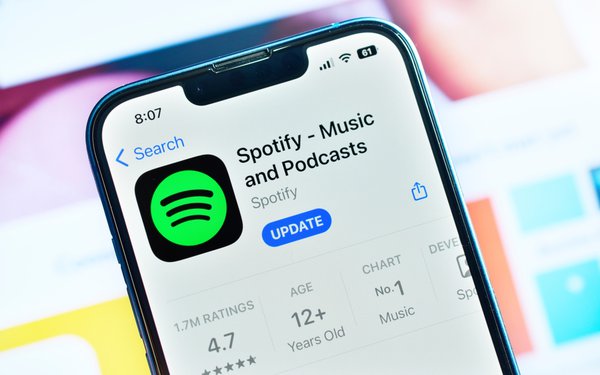Spotify Submits EU iOS App To Apple, Following Previous Attempts
- by Colin Kirkland , April 24, 2024

In its ongoing attempts to avoid Apple's 30% fee on all
subscriptions made via the App Store, music streaming platform Spotify has submitted a new version of its iOS app for users in the European Union.
“Despite Apple's attempts to punish developers with new fees, we remain committed to giving consumers a real choice in our app at no increased cost,” Dustee Jenkins, Spotify’s chief public affairs officer, said in a statement. “That’s why we have submitted a new update to Apple. It features basic pricing and website information – the bare minimum outlined under the European Commission's ruling in its music streaming case.”
Jenkins is referencing the European Commission's fine imposed on Apple of $2 billion for thwarting competition in the music streaming market via restrictions on its App Store.
advertisement
advertisement
In response, the company updated its rules on music streaming, making it easier for competing apps to redirect users to an external website in the EU.
However, Spotify’s original update, which was filed soon after the European Commission's decision, was not approved by Apple.
The tech giant never gave Spotify a reason why, but it is likely because of the link Spotify included to its website, where EU users could purchase subscription plans away from the App Store.
Notably, Spotify’s new iOS submission does not include the link to its website.
If approved by Apple, Spotify’s free users in the EU would still be able to see the pricing information of different premium plans after being directed by language indicating they should visit the website on their browsers.
This strategy aligns with what the European Commission’s Margrethe Vestager said after the antitrust fine was issued. “From now on, Apple will have to allow music streaming developers to communicate freely with their own users, be it within the app, or by email, or any other way of communicating.”
Apple, however, has said it will appeal the European Commission’s $2 billion fine.
“It's past time for the Commission to enforce its decision so that consumers can see real, positive benefits,” added Jenkins.


